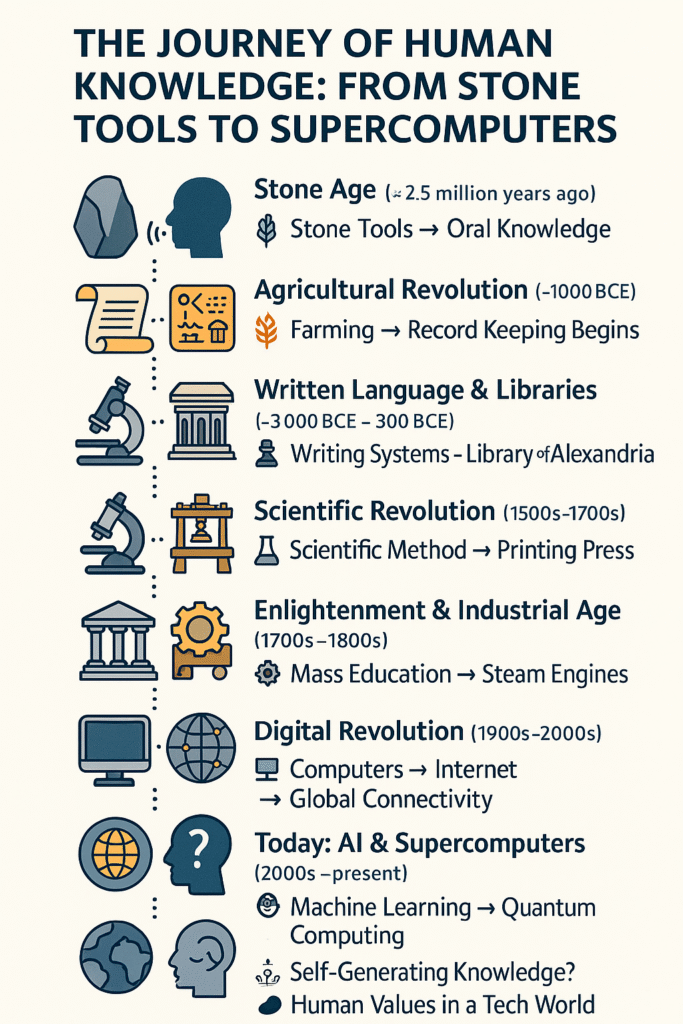In today’s fast-paced world, being a quick learner isn’t just an advantage — it’s a superpower. Whether you’re a student, a professional, or a lifelong learner, the ability to absorb new information quickly and retain it can unlock doors in every area of life.
The good news? You don’t need to be born with a photographic memory to become a faster learner. With the right strategies and habits, you can train your brain to process and recall information more effectively.
Here are 7 powerful techniques to learn faster and remember more — starting today.
1. Use Active Recall
Active recall is one of the most effective ways to cement information into your long-term memory.
Instead of passively re-reading notes or textbooks, quiz yourself on the material:
- Close your book and try to recall key points
- Use flashcards (digital or physical)
- Teach the concept out loud to yourself or someone else
This process forces your brain to retrieve information, strengthening memory pathways.
🧠 Pro tip: Use apps like Anki or Quizlet for spaced repetition + active recall.

2. Break It Down with the Feynman Technique
Named after physicist Richard Feynman, this method involves simplifying complex ideas into plain, everyday language — as if you were teaching it to a 12-year-old.
Here’s how it works:
- Pick a concept you want to learn
- Explain it out loud or write it down in simple terms
- Identify gaps in your understanding
- Revisit the material and refine your explanation
By breaking it down, you not only remember more — you truly understand it.
3. Learn in Short, Focused Sessions (Pomodoro Technique)
Your brain learns best in bursts of deep focus followed by short breaks.
Try the Pomodoro Technique:
- 25 minutes of focused learning
- 5-minute break
- Repeat 4 times, then take a longer break (15–30 minutes)
These intervals help you stay engaged and prevent burnout.
📅 Bonus: Tracking time creates a sense of accomplishment and motivation.
4. Connect New Knowledge to What You Already Know
The brain loves associations.
When you link new information to existing knowledge, it becomes easier to recall later. This is called elaborative rehearsal.
For example:
- Learning about the solar system? Compare it to a familiar model (like a family with different roles).
- New vocabulary word? Use it in a sentence related to your life.
The stronger the connection, the stronger the memory.
5. Use Visuals and Mind Maps
Humans are highly visual learners. When you turn concepts into images, diagrams, or maps, you engage multiple areas of your brain.
Try:
- Sketching a concept map or timeline
- Drawing mind maps to organize complex topics
- Watching explainer videos with visuals
🖼 A picture really can be worth a thousand words — especially when studying.
6. Sleep, Move, and Fuel Your Brain
Cognitive performance isn’t just about what you do while studying — it’s also about how you treat your body.
- 💤 Sleep: Aim for 7–9 hours. Memory consolidation happens during deep sleep.
- 🏃 Exercise: Increases blood flow to the brain and improves learning speed.
- 🥦 Nutrition: Eat brain-friendly foods like leafy greens, berries, omega-3s, and nuts.
- 💧 Hydration: Even mild dehydration can affect concentration and memory.
Take care of your body, and your brain will thank you.
7. Teach What You Learn
One of the most underrated learning hacks is teaching.
When you explain a concept to someone else:
- You reinforce your understanding
- You identify any gaps in your knowledge
- You learn to communicate clearly and confidently
It doesn’t have to be formal — talk to a friend, start a blog, or teach your pet! The act of teaching helps embed knowledge in your brain.
Bonus Tips for Lifelong Learners
- ✍️ Take handwritten notes — it improves retention more than typing
- 🎧 Listen to audiobooks or podcasts on the go
- 📚 Read a variety of topics to form interdisciplinary connections
- 🧘♂️ Practice mindfulness or meditation — it sharpens focus and awareness
Conclusion: You Can Train Your Brain
Becoming a faster learner isn’t about raw talent — it’s about using smarter strategies.
With consistent effort and a few key techniques, you can:
- Understand more deeply
- Remember more accurately
- Learn more efficiently
Start small. Pick one method from this list and try it today.
Because when you boost your brain, you unlock your full potential — in school, work, and life.